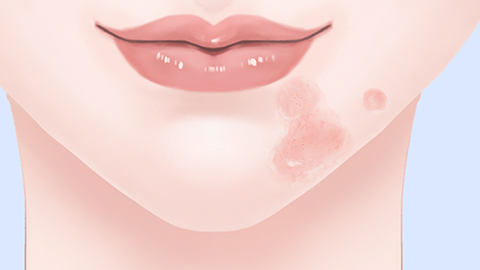What are the methods for scar repair?
Generally speaking, scars refer to cicatrix (fibrous tissue). Methods for cicatrix repair include massage, medication treatment, laser therapy, hyaluronic acid filling, and scar excision. Detailed analysis is as follows:

1. Massage
After the scar stabilizes, gentle massage can be applied to the scar area to promote blood circulation, which helps soften and absorb the scar tissue. However, excessive stimulation of the scar should be avoided during massage to prevent unnecessary damage.
2. Medication Treatment
For newly formed scars, medications such as betamethasone cream, scar removal ointment, and glycoside cream may be used under a doctor's guidance. These medications can help inhibit scar proliferation and promote scar healing.
3. Laser Therapy
Laser therapy is suitable for superficial atrophic and hypertrophic scars. Laser treatment can stimulate collagen growth, reduce scar redness and elevation, and aid in restoring scar color. The general reference price for laser therapy is 2000-5000 yuan per session. Relief is usually noticeable 1-3 months after treatment. Possible side effects include mild pain and swelling.
4. Hyaluronic Acid Filler
Hyaluronic acid filler involves injecting hyaluronic acid into the scar area. Hyaluronic acid has strong water-absorbing properties and can absorb large amounts of water, plumping the skin and improving the appearance of scars. The general reference price for hyaluronic acid filler is 2000-8000 yuan per injection. Improvement is usually noticeable within 1-2 days after injection. Possible side effects include localized swelling and redness.
5. Scar Excision
For more severe scars, scar excision can be considered. This procedure involves removing the scar tissue and performing fine suturing to improve the scar's appearance. The general reference price for scar excision is 3000-6000 yuan per session. Noticeable improvement typically occurs 1-3 months after surgery, but possible complications include bleeding and infection.
Dietary adjustments and psychological regulation are also important in daily life. Maintaining a healthy diet rich in foods containing vitamin C and E can promote collagen production and aid in scar repair. Additionally, maintaining a positive mindset and avoiding excessive anxiety and stress can also help promote scar healing.









